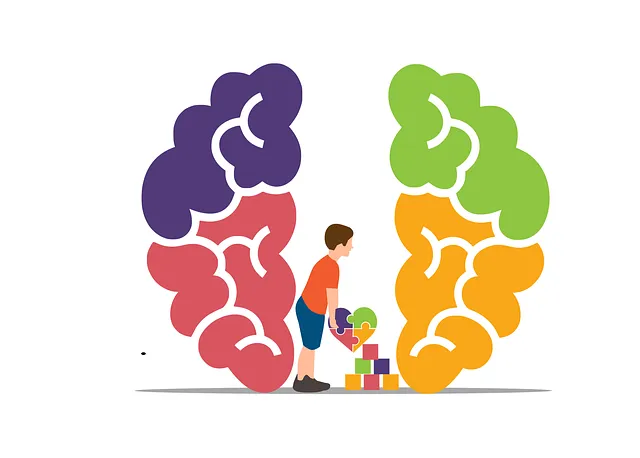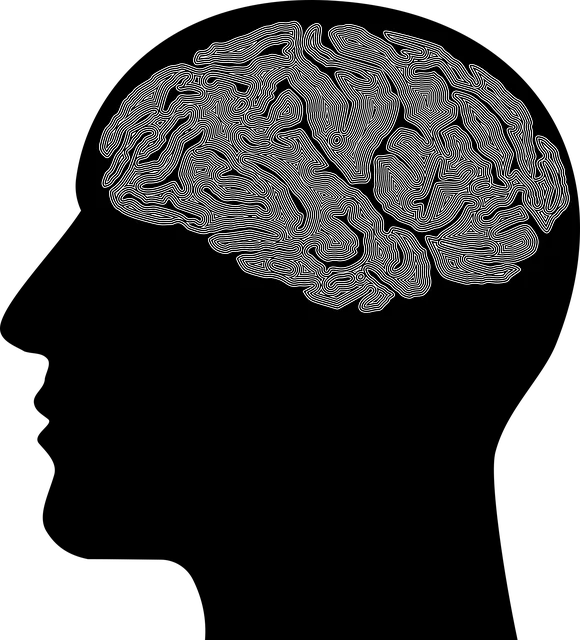The Superior Kaiser Permanente mental health appointment number is a gateway to comprehensive Crisis Intervention Team (CIT) training, equipping citizens, first responders, and healthcare professionals with skills for effective crisis management. These programs include de-escalation techniques, communication strategies, risk assessment tools, mindfulness meditation, empathy-building, stigma reduction, and data-driven evaluation. By fostering collaboration and cultural sensitivity, CIT training enhances mental health services, improves patient outcomes, and promotes long-term well-being.
Crisis Intervention Team (CIT) training programs are essential for empowering frontline staff in healthcare settings, such as Kaiser Permanente, to handle mental health crises effectively. This article delves into the core components of successful CIT training, offering insights from Kaiser Permanente’s implementation. With a focus on enhancing patient care and safety, we explore how these programs can be evaluated and tailored to meet unique organizational needs. Understanding the key elements ensures superior mental health appointment management and outcomes for all involved.
- Understanding Crisis Intervention Team Training Programs
- Key Components of Effective CIT Training
- Implementing and Evaluating CIT Programs at Kaiser Permanente
Understanding Crisis Intervention Team Training Programs

Crisis Intervention Team (CIT) training programs are designed to equip community members with the skills and knowledge necessary to respond effectively during mental health crises. These programs often include a mix of theoretical learning, role-playing scenarios, and practical applications, focusing on de-escalation techniques, communication strategies, and crisis management. The goal is to foster a collaborative approach where citizens, first responders, and mental health professionals work together to provide immediate support and prevent escalation.
By participating in CIT training, individuals gain a better understanding of mental illness and the potential triggers for crises. This education goes beyond simply recognizing symptoms; it empowers people to assess risk factors through comprehensive risk assessment tools, such as those used by Kaiser Permanente. Additionally, these programs highlight the importance of community outreach and support systems in addressing mental health challenges. Effective implementation involves building partnerships with local organizations, ensuring accessibility for diverse populations, and integrating cultural sensitivity into the design of mental health education programs.
Key Components of Effective CIT Training

Effective crisis intervention team (CIT) training programs are multifaceted and meticulously designed to equip healthcare professionals with the tools necessary to support individuals in distress. A superior Kaiser Permanente mental health appointment number is not merely a service; it’s a gateway to comprehensive CIT training that integrates diverse elements for optimal impact.
The core components include mindfulness meditation techniques to enhance presence and emotional regulation during crises, empathy-building strategies that foster deeper connections and understanding of the individual’s experience, and robust mental illness stigma reduction efforts aimed at creating a supportive and non-judgmental environment. These elements work in harmony to not only de-escalate acute situations but also to lay the foundation for long-term mental well-being.
Implementing and Evaluating CIT Programs at Kaiser Permanente

At Kaiser Permanente, crisis intervention team (CIT) programs have been implemented with a focus on enhancing mental health services and improving patient outcomes. These programs empower employees to provide immediate support during a crisis, ensuring that individuals in need receive swift and effective care. The CIT approach prioritizes early intervention, which is crucial for preventing escalations and promoting positive thinking and self-esteem improvement.
The evaluation of CIT Programs at Kaiser Permanente involves tracking key performance indicators (KPIs) such as response time, patient satisfaction with mental health appointments, and the number of successful de-escalation instances. By measuring these metrics, the organization can identify areas for improvement in communication strategies among team members. This data-driven approach allows them to continually refine their CIT training programs, ensuring they remain effective and aligned with the evolving needs of their patients.
Crisis intervention team (CIT) training programs, as exemplified by Kaiser Permanente’s successful implementation, play a pivotal role in equipping healthcare professionals with the skills to navigate and de-escalate crisis situations effectively. By integrating key components such as situational awareness, active listening, and evidence-based interventions, these programs enhance the quality of mental health appointments, fostering safer and more supportive environments for patients in distress. As recognized by superior Kaiser Permanente mental health appointment numbers, investing in CIT training can lead to improved patient outcomes and enhanced provider confidence.






